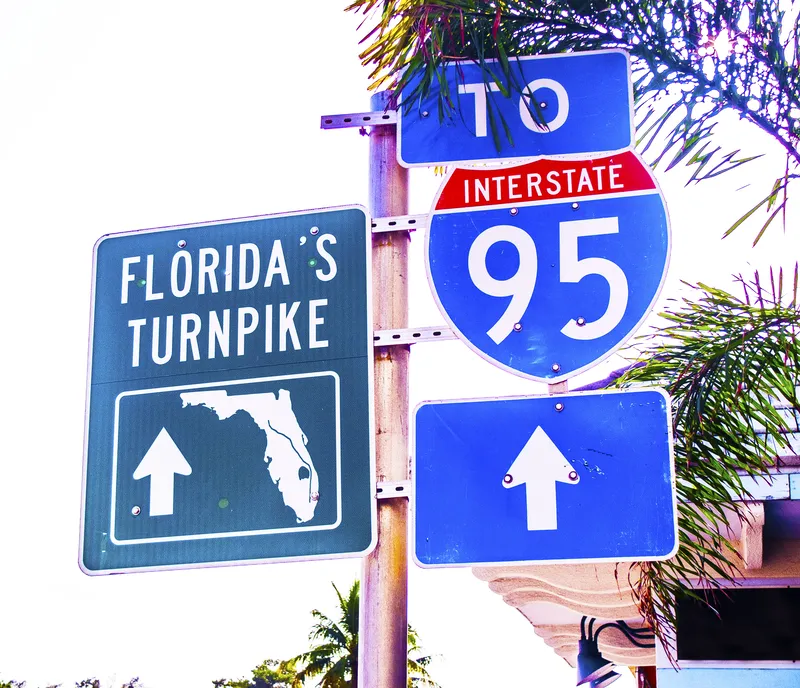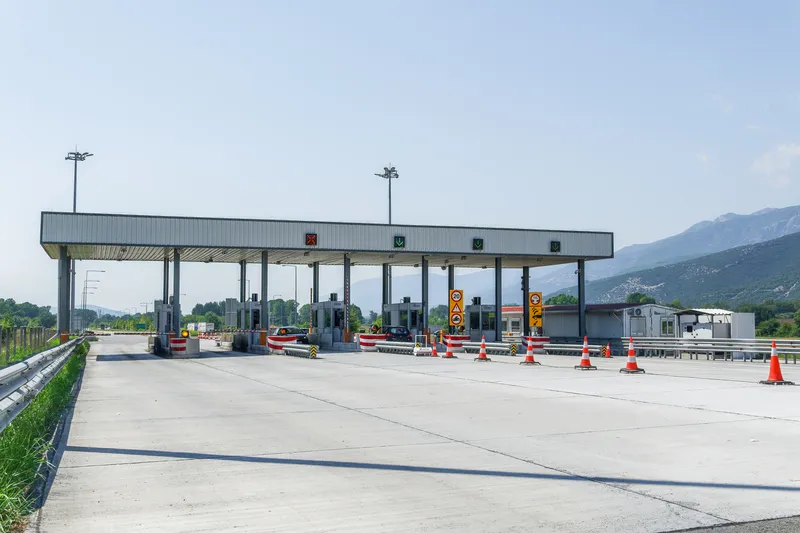
Emovis has embarked on a five-year customer service operations partnership with Florida Turnpike Enterprise (FTE) in the southern US state of Florida.
With hundreds of miles of toll roads, Florida’s turnpike system is used by more than three million customers daily and is operated by FTE, part of Florida Department of Transportation. Emovis estimates around 2.3 billion toll transactions will be processed in fiscal year 2024, with about 5% annual growth for the foreseeable future.
Emovis says it will establish, configure, staff and operate customer service centres throughout Florida, supporting FTE’s customers. Traditional customer service will be upgraded with a robust suite of communication options allowing customers to receive support through their preferred channel. The Emovis team will ensure optimum resource allocation and cutting-edge technology to support the client’s investment in its infrastructure, architecture and personnel.
Emovis’ interactive routing technology transfers calls to a representative with the appropriate skills and tools to resolve a given issue on the first contact. The company said that this not only drives operational improvements, such as reduced call volumes and handling times, but enhances employee morale and productivity, thus benefiting all stakeholders.
“Our customer service solution centres on ensuring minimal effort for motorists, providing high quality support and communicating in a human and compassionate way,” said Christian Barrientos, chief executive of Emovis. “We are committed to a level of transparency that promotes a deep collaboration with FTE and other stakeholders as we drive toward a new standard for improved customer experience.”
Emovis, part of Abertis Mobility Services, provides mobility solutions and services that regulate the use of urban and interurban infrastructure. It has more than 700 employees in 12 countries operating some of the world’s busiest barrier-free tolling infrastructures in the US, UK, Puerto Rico, Canada and Qatar. Emovis is 100% owned by Abertis, a global provider of toll road management.










